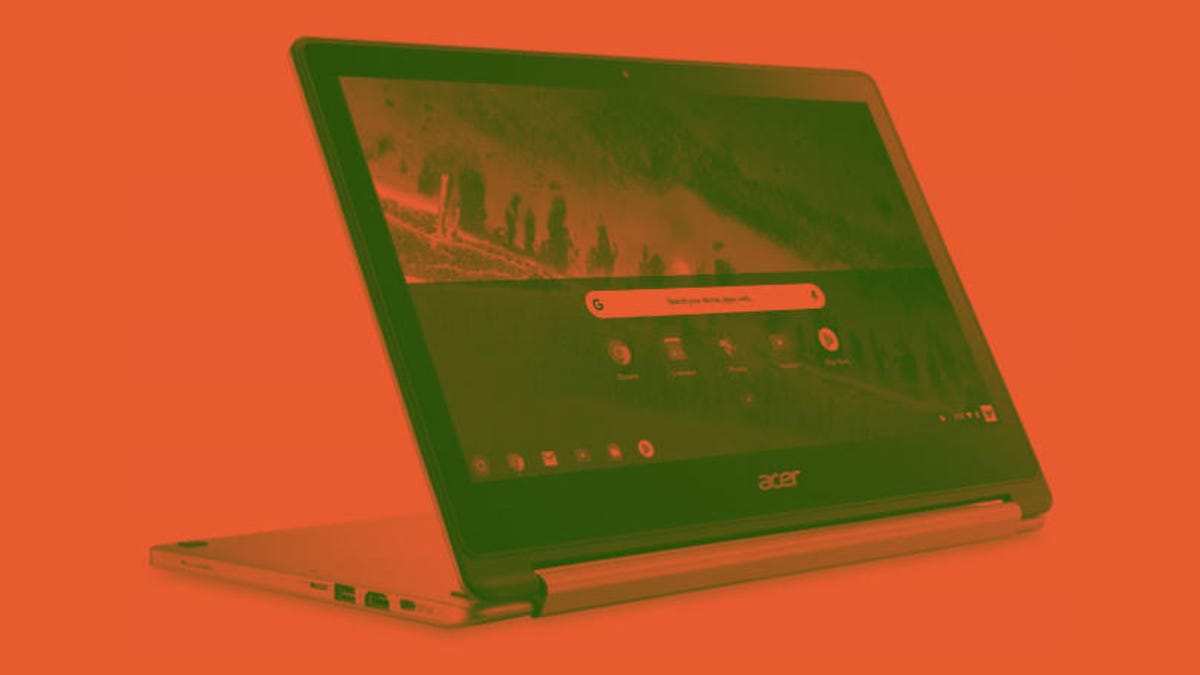Ravalo
Posts: 279 +129
So that google isnt stuck supporting 10 bajillion devices like MS does. All that backwards compatibility costs $$$ and bloats the OS, and as Windows 10 has shown, once it adds up and something goes wrong it can take forever to fix.
After 5 years, batteries are starting to get worn out anyway, and considering how cheap chromeOS laptops are compared to even cheap windows laptops, the hardware difference after 5 years is usually worth the upgrade anyway.
Besides, its not like they completely stop working anyway. You can usually get another 2 years after the last update before things stop working. How many people do you know still using 8+ year old laptops.
I still used my old laptop from 2011 (intel atom n570, 2 gb ram, 320 gb hdd, intel gma 3150 graphics, etc) for quite some time until like 4 months ago when I left it on top of my brother’s xbox one (the laptop wouldn’t charge or turn on)
It still ran windows 10 just fine (w/updates) and could run it even better with some tweaks, so it would be a great affordable school laptop
Sadly it died so I couldn’t sell it for 100$

